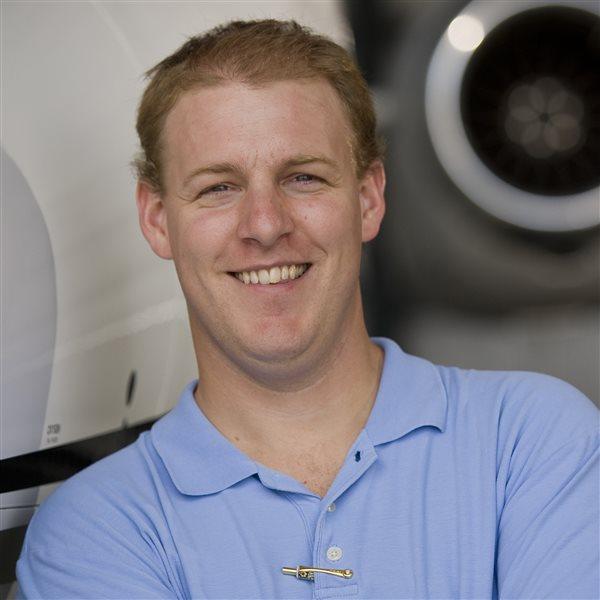
Last year an unlikely company opened an unlikely flight school. Headquartered in a retail strip mall location, Zulu Flight Training is owned and operated by Continental Motors, and based on the school’s initial results, it seems as though an engine manufacturer can effectively run a flight school.
Since opening in the summer of last year, the school has enrolled around 40 students, says General Manager Gloria Liu. Of those, Liu said only one has dropped out, and a few have completed training and are thinking of coming back for their instrument work.
The school relies heavily on simulation, mainly from Redbird’s full-motion FMX devices. The curriculum has the student learning the lesson first in the simulator, and then going to the airplane to practice it. Although still operating under FAA Part 61, Zulu’s syllabus of 37.5 hours in the airplane and 18 to 20 hours in the simulator was recently approved under the FAA’s FITS guidance. Liu says that it’s become clear students will be prepared for a checkride long before the 37.5 hours in the airplane. To get there students are training on their own schedules. “We expected people to fly train more often that they are,” she says. Right now, students are scheduling for only once or twice a week, rather than the four or so they expected.
Modeled somewhat off Redbird’s Skyport training laboratory, Zulu charges a fixed price and pays its instructors a salary. Initially, the capital outlay and high staff overhead worked against the business, but now Liu says the school is profitable and sustainable.
The school’s retail location would logically lend itself to a high amount of walk-in traffic, but that’s not what they’re seeing. Instead, Liu said, around 70 percent of students are seeking the school out because of word of mouth or by searching for a local flight school. This is not unlike a traditional school’s model. Liu said the retail location was mostly helpful during a Living Social deal, and obviously when students want to double up on lessons or go over something in the simulator on a bad weather day.
Although the school was developed with the intention of testing the retail strategy for eventual export to China, Liu said she thinks there will be opportunities stateside as well. Most likely that will manifest itself as a partnership between an existing school where the school provides the airplanes, and Zulu provides the retail location and curriculum.



